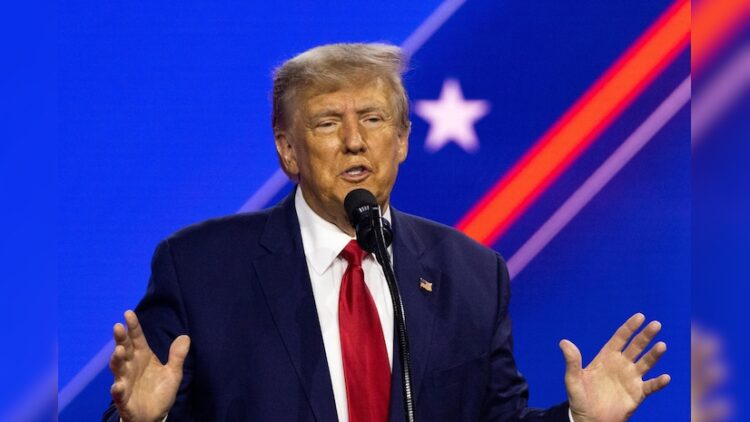As the dust settles on yet another fiercely contested U.S. election, Donald Trump has emerged victorious in his bid for a second term, returning to the Oval Office with a promise to “Make America Great Again” once more. Trump’s victory brings with it mixed feelings for many African nations, especially Nigeria, where his policies during his previous administration left indelible marks on immigration, security, and trade.
For Nigeria, a Trump presidency presents both opportunities and challenges, depending on which side of the political and economic spectrum you stand. On one hand, Trump’s previous administration was noted for its tough stance on immigration, leaving many Nigerian professionals and students with limited options for work or study in the United States. With this new term, we can expect a continuation or perhaps intensification of these policies, making it more challenging for Nigerians aspiring to migrate or expand their professional horizons in the U.S.
Yet, in areas such as security and economic partnerships, a Trump administration may offer certain advantages. Trump has consistently championed bilateral deals and has shown a willingness to counterbalance the influence of other global powers—such as China and Russia—in Africa. Policy experts, like Tope Musowo of the University of Ibadan, believe Trump’s return may bring a renewed emphasis on curbing Nigeria’s pivot toward Chinese investment, something that has gained traction in recent years. Trump’s stance may translate into increased U.S. security assistance and potential investment deals, as the United States seeks to secure its own strategic interests on the continent.
Moreover, during his first term, Trump’s administration expanded economic ties with specific African nations through initiatives like Prosper Africa, which aimed to double two-way trade and investment between the U.S. and Africa. With his renewed mandate, Trump’s administration could pursue further deals that allow Nigeria to benefit from American capital and expertise in key sectors like energy, technology, and agriculture. Such collaborations could stimulate growth and innovation, especially if the U.S. shifts focus from simply providing aid to empowering Nigeria’s private sector and bolstering economic self-sufficiency.
On the diplomatic front, however, Trump’s unilateral approach may challenge longstanding U.S.-Africa alliances. Unlike Democratic administrations, which historically fostered multilateral engagements and funded various development programs, Trump’s “America First” doctrine often deprioritizes such initiatives. While past administrations have invested heavily in health and educational projects across Africa, Trump’s record shows a tendency to reduce funding for initiatives like PEPFAR and USAID in favor of private-sector-led development. Nigeria, a key beneficiary of such programs, may have to brace for a reduction in aid, as Trump prioritizes other areas of U.S. interest.
Despite the concerns, there are Nigerians who view Trump’s re-election as a continuation of a period marked by pragmatism and straightforward dealings. Many see his aversion to overbearing foreign aid as a push toward self-reliance, which could encourage African countries, including Nigeria, to focus on building more resilient economies.
In the end, Trump’s victory will likely mean that Nigeria and other African nations will have to adapt to his often unpredictable policy moves while leveraging the opportunities they create. For Nigeria, this may mean revisiting alliances, recalibrating trade relationships, and finding creative ways to collaborate in areas like security and economic development. While challenges abound, this new phase may also offer Nigeria a unique chance to reassert its position on the global stage—an opportunity for self-determination in an increasingly multipolar world.
In the complex tapestry of U.S.-Africa relations, a Trump administration will undoubtedly be a departure from the norm. Whether this divergence will benefit or hinder Nigeria remains to be seen, but one thing is certain: the stakes for Nigeria—and indeed all of Africa—are higher than ever.






































Discussion about this post